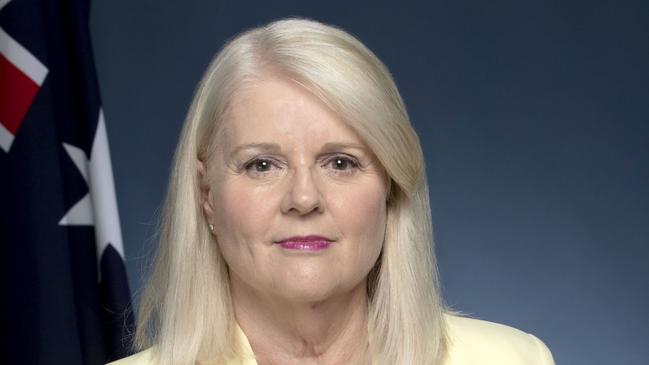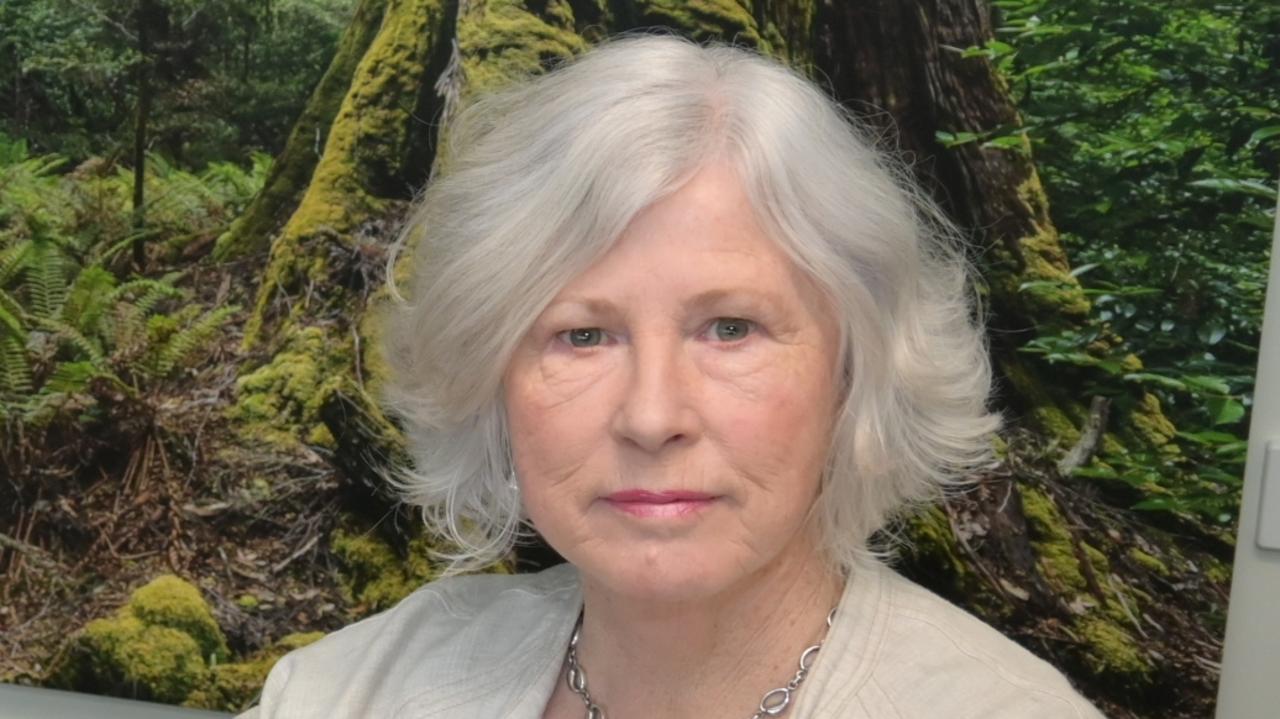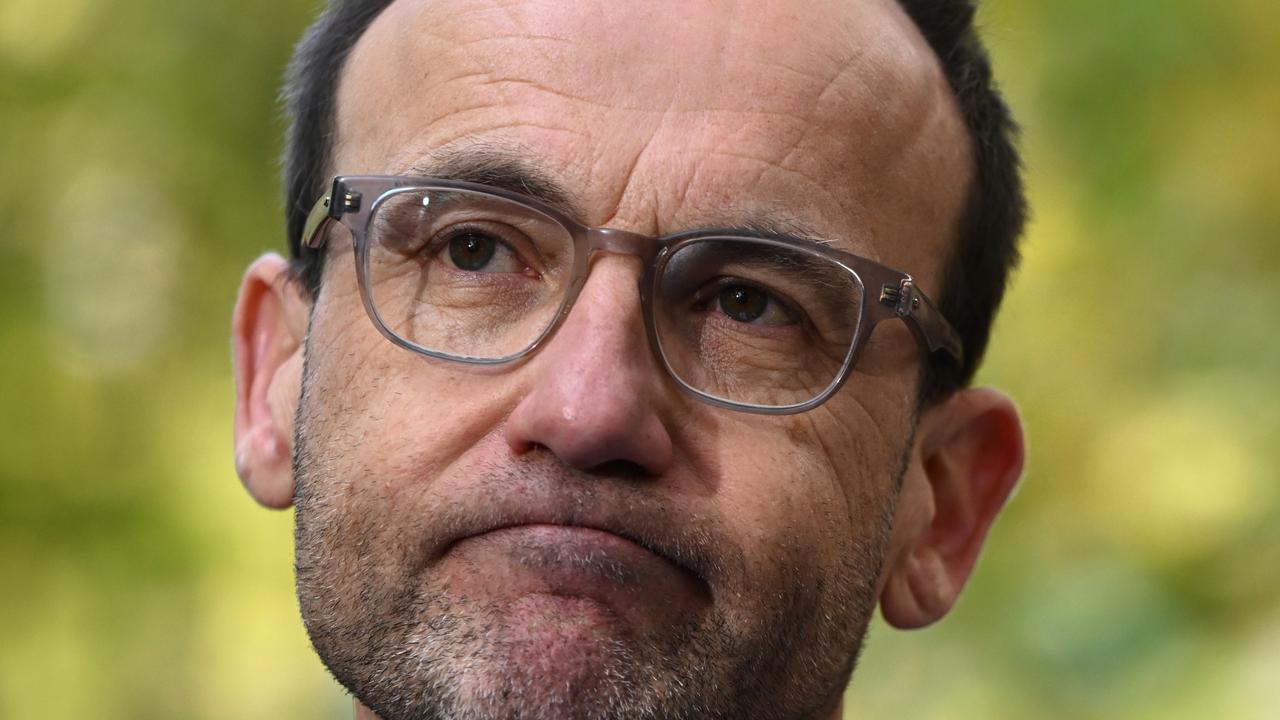Coronavirus: Export market is next big strategy
The government’s manufacturing strategy will seek to unlock new export markets, commercialise research, protect intellectual property and digitise workplaces.

Scott Morrison’s manufacturing plan will focus on increasing Australia’s supply chain, expanding pharmaceutical, battery and medi-tech manufacturing and improving the research and development link between universities and business.
The strategy will seek to unlock new export markets, commercialise research, protect intellectual property and digitise workplaces for a post-COVID-19 economy.
Ahead of the October 6 budget, widely tipped to feature a major manufacturing package, Industry Minister Karen Andrews said the COVID-19 Commission report prepared by Andrew Liveris, former chairman of the Dow Chemical Company, would feed into a long-term “whole-of-government” strategy.
“It’s a huge piece of work that we need to make sure we get right,” Ms Andrews said.
“I’m not interested in just an announceable, I’m interested in an outcome. I’m very focused on what we can do in the next 12 months but also to make sure we get the agenda right for the next 10 to 20 years.
“When I look at manufacturing I look at key government priorities because we have long tried to be all things to all people. I say there is a difference between picking winners and identifying strategic areas for Australia. This is all part of developing Australia’s identity.”
In a National Press Club speech in May, the Prime Minister said Australia must develop a highly-skilled workforce to support a “modern, competitive and advanced manufacturing sector”.
Ms Andrews, who set-up a national manufacturing taskforce last year, said COVID-19 had exposed “weaknesses” in supply chains and amplified the need for Australia to do more than “digging things out of the ground, putting them on a ship and then paying a lot of money to buy them back in a different form”.
The Queensland MP, who flagged the importance of opening up trade markets for new Australian products, said there were significant “opportunities” to develop Australia’s battery industry and tap the potential of critical minerals and rare earths. “It may well be that we don’t end up manufacturing an iPad or an iPhone but there are components we can look at developing here in Australia where we have the raw materials to be able to do it and have the capability. Clearly batteries are an opportunity for us,” she said.
“When we moved into COVID it really shone a significant light on Australian manufacturing — what our capabilities were but also what our weaknesses were. That’s where the work of the COVID Commission helped me because it was really focusing on the key areas that we needed to look at that we were probably aware of but needed a sharper focus.”
Ms Andrews said the Liveris report focused heavily on gas and the importance of driving down high energy costs, which is being considered by Energy Minister Angus Taylor.
“Energy mix is very important for us. I have been criticised in the past for saying coal is going to be part of our (energy mix) for the foreseeable future. Increasingly there will be a role for gas. I think the importance of gas is now being realised. In terms of its lower cost and availability.”
With the Morrison government under pressure to increase R&D spending, Ms Andrews said they were looking at opportunities in businesses that “sit outside the categorisation of research and development”.
“We need to focus on assisting businesses to grow by supporting them to look at the digitisation of their workforce.”
Ms Andrews said take-up of the government’s Manufacturing Modernisation Fund, announced before last year’s election, had been “significant” and was oversubscribed.
“That’s a fund that was there to help businesses, to look at upskilling their workforce … and what they could do to digitise,” she said.
Ms Andrews, who is working with CSIRO to expand its involvement in unlocking new manufacturing opportunities, has talked to universities about increasing “engagement between industries and researchers”.
“What we are missing here is the commercialisation of that research, the partnership between our researchers whether its through the CSIRO or the universities and making sure we’re maximising IP,” she said.




To join the conversation, please log in. Don't have an account? Register
Join the conversation, you are commenting as Logout